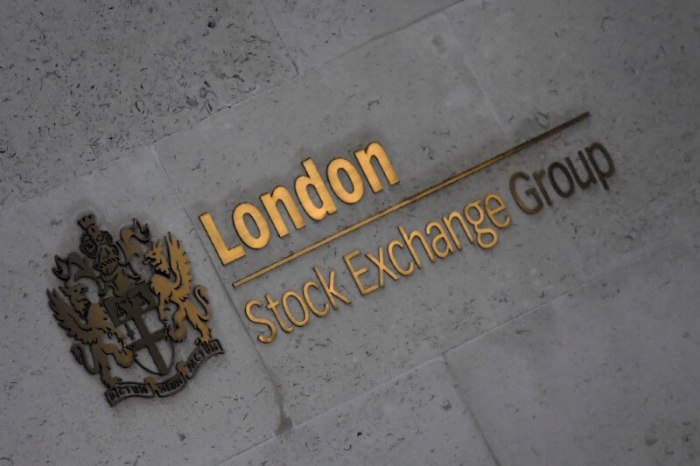WELLINGTON (Reuters) – The Reserve Bank of New Zealand (RBNZ) said on Wednesday the financial system was facing heightened vulnerability and it would take a more intensive approach to supervising banks and insurers.
“Financial system vulnerabilities remain elevated and more effort is required to ensure that the system remains resilient over the longer-term,” said governor Adrian Orr in a statement accompanying the bank’s financial stability report, which is released twice a year.
In a move closely watched by economists and banks, many of them the subsidiaries of major Australian parent companies, the RBNZ has signaled it plans to ramp up banks’ capital requirements and will release its final decision on Dec. 5.
“Strong bank capital buffers are key to enabling banks to absorb losses and continue operating when faced with unexpected developments,” Orr said.
The central bank has proposed doubling the top banks’ capital ratio to 16% to reduce risks in case of a major financial shock but has not yet made a final decision.
The RBNZ also signaled that insurers and banks needed to improve their governance and risk management processes after a series of reviews found shortcomings.
“We have also reviewed our own supervisory strategy and will be taking a more intensive approach, which will involve greater scrutiny of institutions’ compliance,” deputy governor Geoff Bascand said in the statement.
The bank decided to hold off on further unwinding its loan-to-value ratio (LVR) restrictions on mortgage lending after loosening them in late 2018, noting that prolonged low interest rates could result in high-risk lending ramping up.
The RBNZ noted that historically low interest rates were one of the major risks to the financial system as they could fuel excessive debt, alongside intensifying global risks and slowing global growth.
The bank shocked markets with its 50 basis points cut to take to the official cash rate to a record low of 1% in August as it raised concerned over easing growth, gloomy business sentiment and risks in the global economy. It has since said that was no urgency to ease policy further, but it remained ready to do so if necessary, leaving rates on hold in a decision this month.
(Reporting by Charlotte Greenfield in Wellington and Wayne Cole and John Mair in Sydney; Editing by Tom Brown)



















